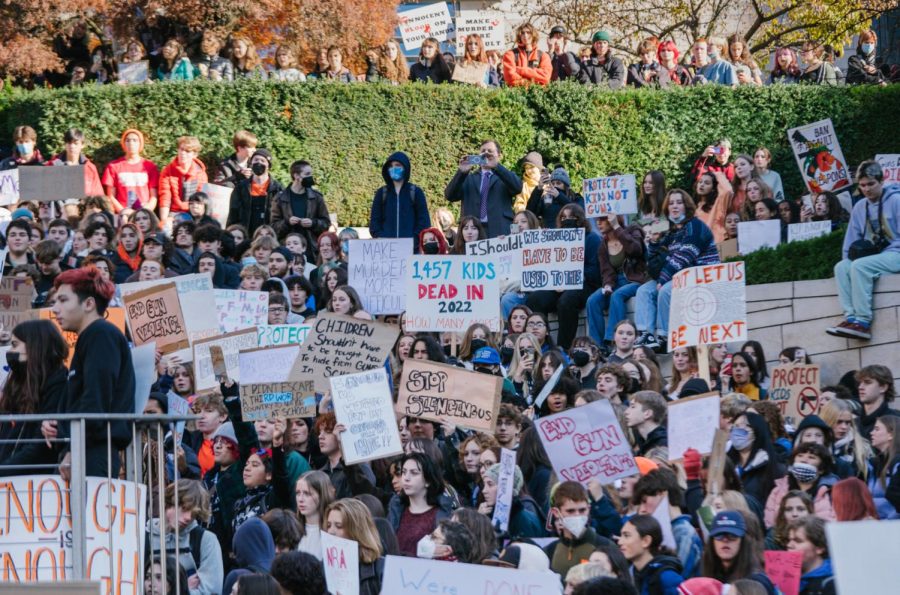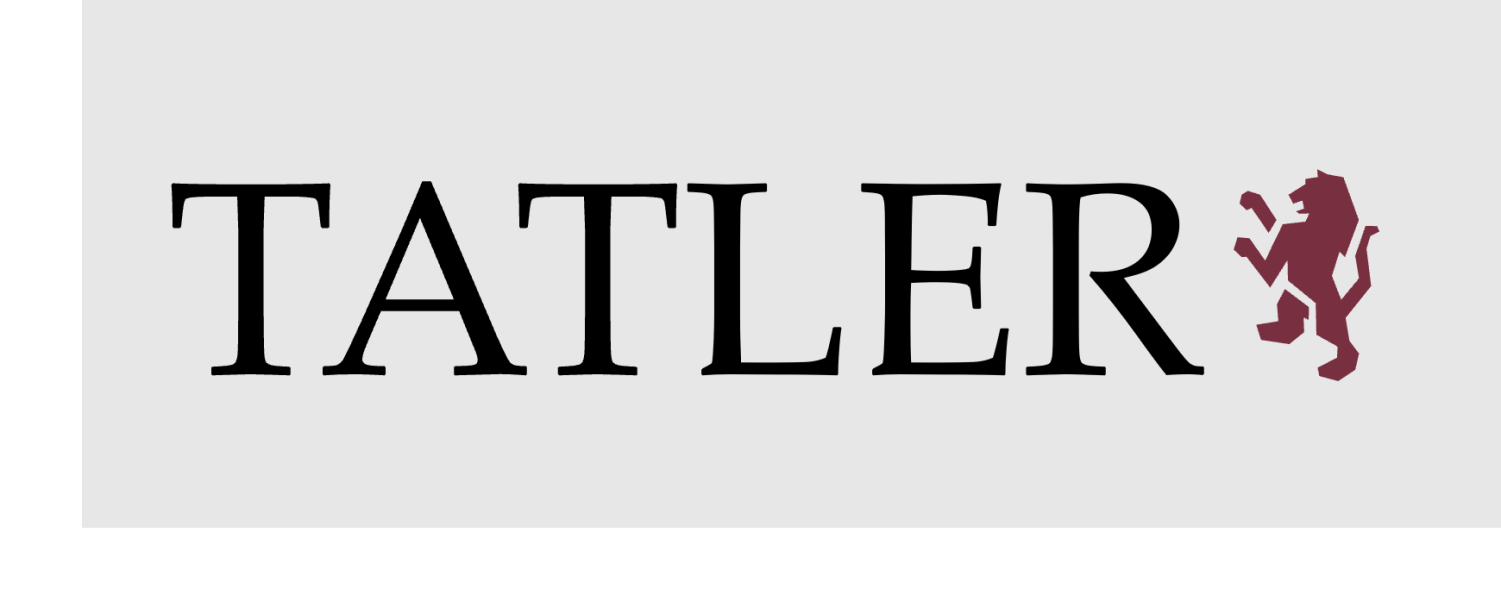Students Demand Safer Schools at City Hall Protest
TW: gun violence, non-graphic descriptions of what transpired and people’s reactions to it
All audio recordings are available. Contact us at laelg25@lakesideschool.org or loreleis25@lakesideschool.org.
Interviews have been edited for clarity.
Nico, Ingraham High School
Lorelei S. ’25 (LS): How did you hear about the rally? What made you decide to go?
Nico (N): My classroom was actually the class that the shooting happened right outside of. I was right there, so obviously I’m coming to this rally. And I don’t know, I just… it’s f*cked up. It’s f*cked up. I wish more people came. I went to my class right before the walkout, and I saw people still in it. And I was like, dude, the f*ck?
LS: How did your school handle the aftermath of the shooting?
N: Poorly. They gave us three days off of an already four-day week and nothing else. After the shooting, we had to wait for four or five hours.
LS: Did they allow students to go to the rally?
N: They did have sign-out forms, but they also said that we had to turn them in two days prior, and the school was closed on Saturday.
LS: How do you think gun violence affects people of different identities?
N: A lot of people of color, especially people from south of the border and Black Americans, are disproportionately impoverished. Impoverished places have more crime; that’s just how it works under capitalism. And so gun violence disproportionately affects people of color, and that holds true for this, right? The man who was shot — he was Black. And I knew him. And no one’s talking about him. They’re referring to him as some kind of entity. But he was a person, and I knew him, and he was alive, and he had a personality. And it’s f*cked up that no one’s saying anything about the actual victim.
LS: For sure. He’s just sort of become this symbol, but he was a real person.
N: Exactly. He was a real person.
LS: And what role do you think private school students and private schools play in all of this?
N: I think that they’re not necessarily to blame. I was once a private school student. But I think that the least you can do is show up. I think that even if you are in a safe place, run by someone who isn’t part of the government, the least you can do is to show up. And if that means donating, because oftentimes, people in private schools are better off, that means donating, right? Talk to your parents, and they probably will. And if they won’t, tell other people, because then they might. The best thing you can do is spread the word, because the more people know about something, the bigger of a subject it becomes. That’s why we spread this protest like the flu, because the more people are here, the more City Hall is going to listen to us.
LS: Thank you so much. Is there anything else you’d like to add?
N: Yeah. His name was E.B. Don’t forget it.
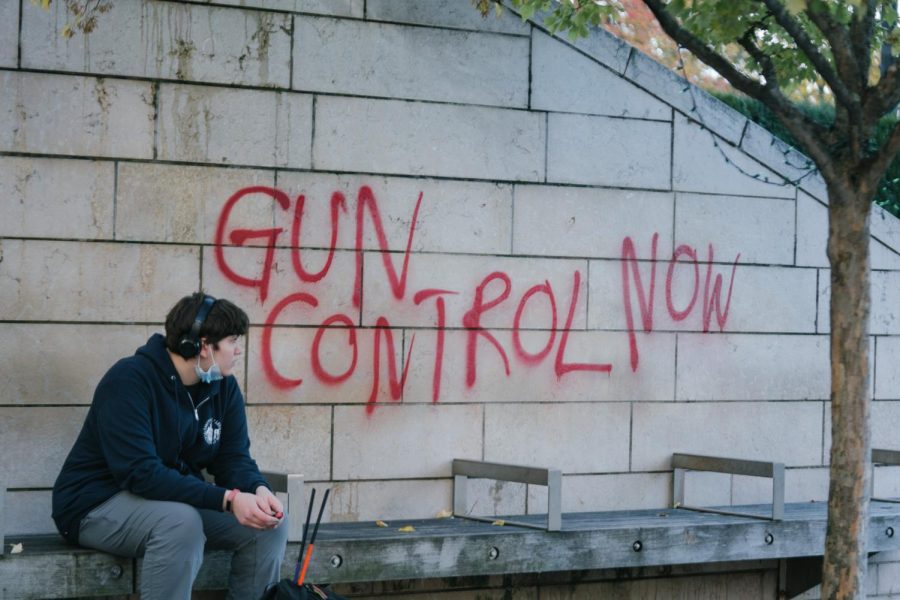
Elise, Holy Names Academy
Lael G: As someone who attends a private school, what role do you think private schools play in the response to these kinds of shootings?
E: I think that at many private schools, there’s not really a lot of action. They’re like, ‘Oh, we’re a private school; we don’t have to worry about public schools.’ But it’s really important that you show up and help the majority of people and just support everyone.
LG: How did your school handle absences that came from this protest?
E: They were supportive. They allowed us to get an early dismissal, sent us the information, and gave us a pass. Then, my school also had a walkout.
LG: How did you personally hear about the shooting?
E: My friend was very close with the victim, and when we heard there was a shooting at Ingraham, the first thing she did was call him. And then he didn’t respond…
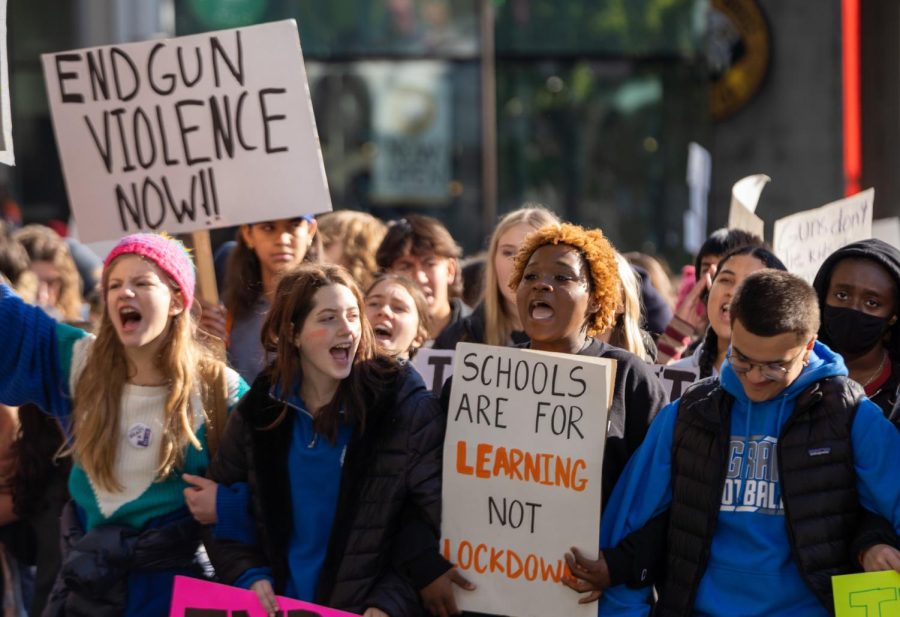
Suzy and Zia, Aki Kurose Middle School
LG: I know that you guys are a bit younger than the other people here, so what do you think about being in middle school and having mainly high schoolers here supporting this issue?
S: It’s kind of intimidating that a lot of older people, and sometimes adults, are here, and we’re just middle schoolers, and we’re a lot younger. Just because we’re kids doesn’t mean we can’t support the fight against gun violence. But it’s pretty intimidating.
Z: I thought there were going to be a lot more younger kids, and once I saw that mostly teenagers were here, I kind of got a little bit worried because what if I, like, accidentally say something wrong or bump into someone? And I’ve seen nobody here that I know other than her, my brother, and my dad.
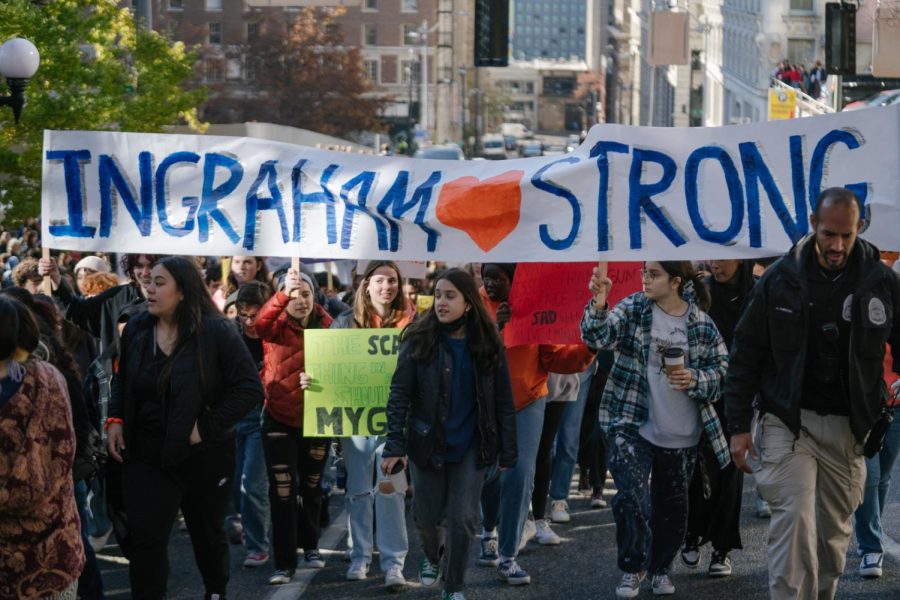
Sarah Swanberg, parent of Roosevelt High School and Eckstein Middle School students
LG: Knowing that you have children of color that can be affected by this, how do you think gun violence specifically affects people of different identities?
SS: Anytime I see a police officer or a security person that is armed, I worry that my kids might be unfairly targeted, that they would shoot first and ask questions later. As far as other violence against them, like kids against kids, I think that it’s just more of a feeling of sadness that we have when we read about kids of color being disproportionately affected. This is something that we talk about a lot in our house, about having more counselors in the school and more teachers that are trained on what to do when they see something that’s going wrong. Because they’re children of color, when my kids go to school, there’s a little something different that I worry about as a mom. It hits closer to home.
Lael is disillusioned.
Born May 29th, the universe stopped when Lael entered the world. Per her own recollection (which is “super sharp”),...
Loves horses 🐎 Oldest sibling ❤️ Really crafty 🧶 English class 👍 Loves horses pt. 2* Employed by TeenTix 😎...

